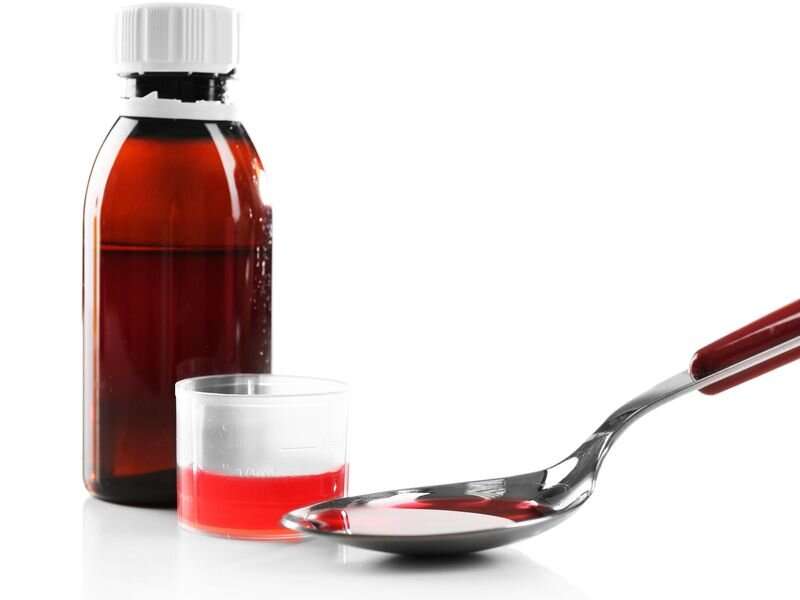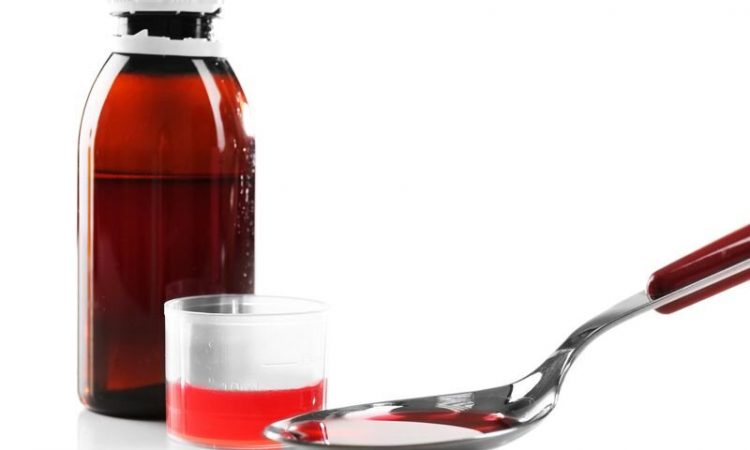
Consumers have been using a common over-the-counter oral decongestant known as phenylephrine for years, but that may not continue much longer.
The U.S. Food and Drug Administration has asked a panel of its advisors to reassess the drug’s effectiveness. The medication’s safety isn’t in question, just whether it actually does what it claims to do.
The FDA’s Nonprescription Drugs Advisory Committee will meet in April to consider the effectiveness of the oral version of phenylephrine.
The same panel had decided the drug “may be effective” in a 2007 meeting following federal efforts to fight illegal manufacturing of methamphetamine, which required the decongestant known as pseudoephedrine to be sold behind pharmacy counters, CBS News reported.
The FDA initially received a new petition to withdraw the medication back in 2015, submitted by University of Florida pharmacy professors Leslie Hendeles and Randy Hatton.
The duo had cited new data that showed phenylephrine was not more effective than a placebo, CBS News reported.
“Let me be clear, oral phenylephrine is not a safety risk,” Hatton told CBS News. “It just doesn’t work.”
In 2022, both professors questioned the FDA’s inaction on their 2015 petition in a commentary in the Annals of Pharmacotherapy.
“I get it. Risk takes priority. But eight years is long enough to wait, you know what I mean? That’s millions and millions of dollars wasted on ineffective drugs,” Hatton said.
Hatton noted that other drugs are more effective at treating congestion, including nasal spray forms of phenylephrine, CBS News reported.
“When you take it orally, it goes to the gut. And as it’s being absorbed through the gut, there are two enzymes that metabolize it to such a great extent that essentially a very miniscule amount makes it into the bloodstream,” Hatton explained.
Not everyone agrees with the push to potentially remove phenylephrine products from the marketplace.
“Phenylephrine has been used safely and effectively as a nasal decongestant by American families for generations, and FDA regulations recognize it as safe and effective,” the industry trade group Consumer Healthcare Products Association (CHPA) said in a statement to CBS News.
Meanwhile, the American Academy of Allergy, Asthma & Immunology weighed in on the issue last year, saying in a statement that keeping the drug in the marketplace “does a disservice to patients who might be prone to taking higher doses than recommended,” CBS News reported.
It may also delay efforts to get more effective medication, that statement noted.
The FDA did not immediately respond to requests by CBS News for comment.
More information:
The U.S. National Library of Medicine has more on phenylephrine.
Journal information:
Annals of Pharmacotherapy
Source: Read Full Article
